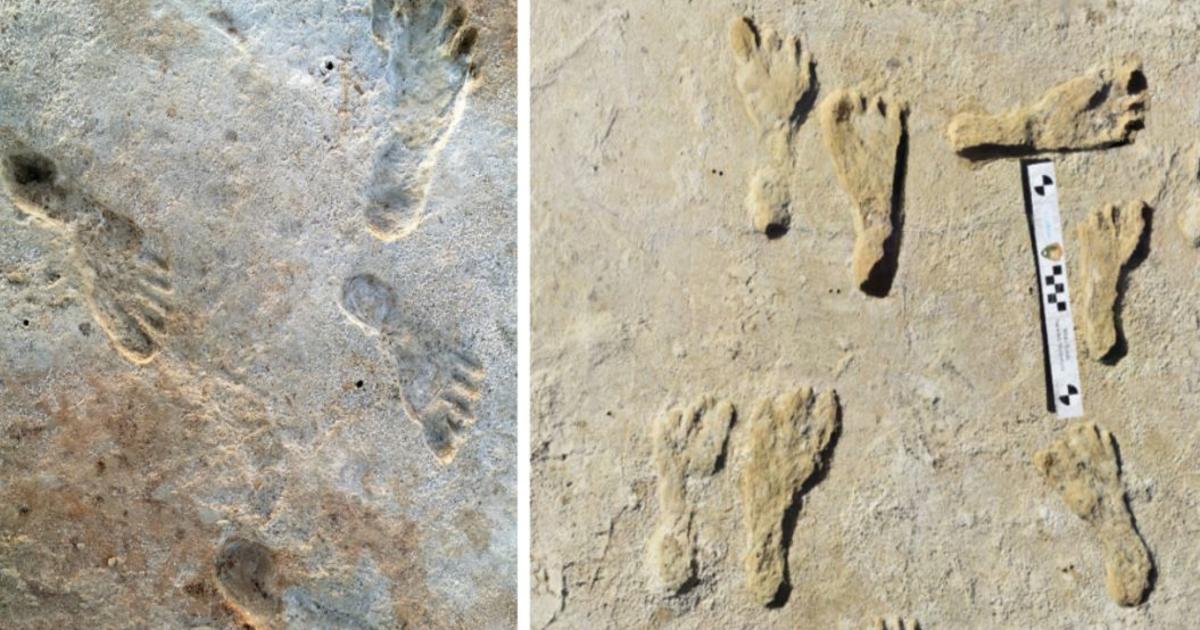
Humans may have existed far earlier than scientists once thought, ancient fossil research shows
CBSN
Scientists have uncovered new evidence showing that humans in the Americas may have existed several thousands of years earlier than once thought, according to a report published Thursday in the academic journal Science.
"This study illustrates the process of science — new evidence can shift long held paradigms," U.S. Geological Survey acting Rocky Mountain director Allison Shipp said in a statement Thursday.
Ancient fossilized footprints found in New Mexico's White Sands National Park displayed evidence suggesting that humans lived in North America during the Last Glacial Maximum, which dates back to around 21,000 to 23,000 years ago. Scientists have contested when the first humans lived in the Americas, with some finding evidence for life around 15,000 years ago, according to Smithsonian Magazine.

After years of unsuccessful attempts to finance and build a public alarm network that would warn residents of Kerr County, Texas, about dangerous flooding, officials in the region, nicknamed "flash flood alley," were going to start developing a centralized flood monitoring system this summer to help leaders and emergency managers plan ahead.

Washington — The Senate is expected to vote next week on a request from the White House to claw back funding for international aid and public broadcasting. But the funding for rural radio and television stations — sometimes an area's sole source for emergency warnings and other news — has sparked concern among some Senate Republicans, especially after the recent devastating flash floods in Texas.

A week before an expected committee vote on the controversial nomination of Trump ally Emil Bove for a federal judgeship, CBS News has obtained emails and text messages shared with Congress by a whistleblower who accuses Bove of unethical actions while he was a top Justice Department official this year.





















 Run 3 Space | Play Space Running Game
Run 3 Space | Play Space Running Game Traffic Jam 3D | Online Racing Game
Traffic Jam 3D | Online Racing Game Duck Hunt | Play Old Classic Game
Duck Hunt | Play Old Classic Game








